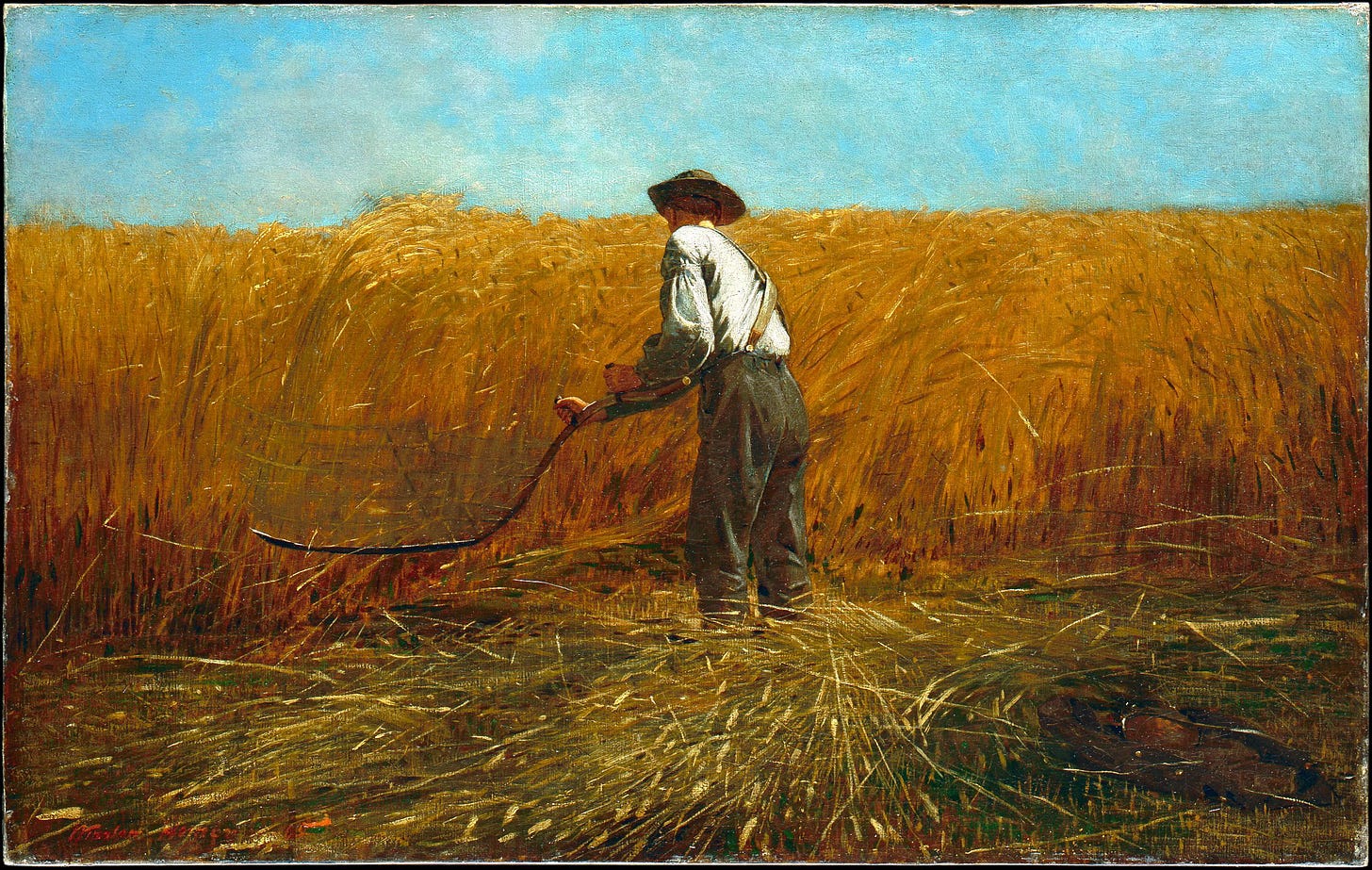writing as a conduit
making way for a sense of selfhood
Writing, for the most part of my life, has been a literary exercise. I was almost always writing for an audience. But the problem with writing for others is this: thoughts and memories that don’t fit the narrative are easily relegated to the back of the cabinet, like old brass and china that don’t match the theme of the night’s dinner party. But as time goes on, the cabinet grows fuller and fuller until things come tumbling out at the most inopportune moments.
For someone who was used to hosting dinner parties with the fine china, I didn’t quite know what to do with all… this. I tried to write freely and unencumbered, but even then I was chased by the same ghosts of perfection that followed me in literary writing. It didn’t help that writing became entangled with the siren call of productivity, and our species unable to do something without quantifying its value in terms of productivity, utility or aesthetics.
I responded to that siren call, too. For years, I wrote only a few pages in my journal before abandoning the rest because my entries weren’t picture perfect. I was paralysed by the need to document exhaustively, and the blank page became my adversary — not because I had nothing to say, but because I felt pressured to say everything. The act of writing became less about understanding and more about the fear of forgetting. Time after time, I succumbed to the call of a rigid checklist of experiences to be catalogued, instead of surrendering to the discomfort of facing my own interiority. It felt doubly absurd that a teller of stories couldn’t document her own.
That is, until early last year. For some reason, I began writing diligently, almost doggedly, once a week. Unlike the last couple of years, writing started to feel like shaking out my limbs after a long, cramped day. Like working with clay that is soft and pliable, not hard and fragile. I could take off the critic’s hat, leave aside grammar and style, and lob words at the page with the same speed and intensity as they appeared in my mind. Suddenly, I went from an anxious chronicler of events to someone who, in the pages of her journal, is building up her identity.
I think I owe this flip to a simple paragraph from Susan Sontag’s journal (one of many I was reading to become unblocked at the time):
The journal is a vehicle for my sense of selfhood. It represents me as emotionally and spiritually independent. Therefore (alas) it does not simply record my actual, daily life but rather — in many cases — offers an alternative to it.
This is what I was missing so far about writing in its most personal and unstructured form: that it is a conduit for the self that exists beyond the fold, where identity is more nebulous. It is the act of externalising thoughts and feelings that might otherwise remain tangled and hidden within the depths of my psyche. It is, to quote Ralph Waldo Emerson, a way to always keep one’s eye on “the thread of the Universe which runs through himself and all things”.
In my experience, writing is a watered down form of altered consciousness, a gateway drug to amplified focus and crystal-clear clarity. It’s while writing that I’ve stumbled upon those sudden clearings in the forest of my mind where everything seems to connect and just… make sense. I think this is because it is easy to lose sight of objectivity in the labyrinth of our own thoughts and emotions.
Ironically, personal and unstructured writing means interacting deeply with those, but not being coloured by them. It’s like peeking over a bridge at the river that runs underneath — a couple of steps back from the immediacy of the stream, but close enough to observe its flow. A little distance is enough to reveal patterns and connections that were obscured by the chaos of immediate experience all this while. And in wielding my freedom of selection and writing about a few handpicked moments, I retain some of their potency, the sense of vitality and vividness shining off the paper long after the moment has passed.
These are the greatest gifts writing can give us: a channel for selfhood, and a living monument to our own fluidity.

Beautiful. I’ve been getting back to regular writing thanks to the Blue Book and the Yellow Book by Amitava Kumar. A lot of his journal entries are there with his paintings. If you’re looking for some suggestions then I highly highly recommend it! ✨